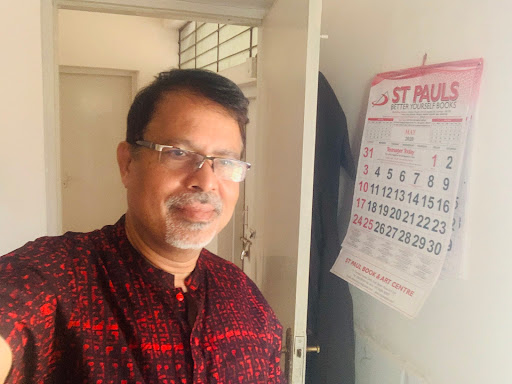From Vatican Insider
Issues such as women’s rights and the right to education are once again at the centre of India and Pakistan’s political agenda
PAOLO AFFATATOROME
The choice of an Indian and a Pakistani citizen as the winners of this year’s Nobel Peace Prize is an event of historic importance and a unique and extraordinary opportunity. Malala Yousafzai, a Pakistani girl who was attacked by the Taliban at the tender age of 12 and the Indian, Kailash Satyarthi, a 60-year-old activist, finally received much-hoped-for recognition for their efforts in protecting children’s rights, staring with the right to education. The Churches of Southern Asia welcomed the news with great enthusiasm and pride but also as an impetus for real change. Particularly in the field of women’s rights in heavily male dominated societies, and of children’s rights.
The Norwegian Nobel Committee explained its reason for choosing these two candidates for the Prize as such: “Children must go to school and not be financially exploited. In the poor countries of the world, 60% of the present population is under 25 years of age. It is a prerequisite for peaceful global development that the rights of children and young people be respected.”
From Karachi where he co-ordinates the diocesan commission of pastoral youth, Pakistani priest, Mario Rodrigues, told Vatican Insider: “This is the first time a Pakistani citizen has ever won a Nobel Peace Prize. The recognition given to these two individuals is encouraging for us and has enormous social value: it paves a path of peace and prosperity for the country.” Furthermore, at this time of deep national social and political upheaval, “the prize is an opportunity to take concrete steps forward in the field of women’s rights. [Women in Pakistan] are penalized by an extremist and fundamentalist mentality that is typical of the Taliban. It is time for things to change. We hope there will be a change in perspective: the education rights campaign, for example, unites the nation, bringing together Muslims, Christians and people of other faiths.”
Ataurehman Saman – a Catholic researcher and Director of Catholic publications in the National Commission "Justice and Peace" (NCJP), within the Episcopal Conference of Pakistan – agrees. She believes that choosing Malala as one of the winners of this year’s Nobel Peace Prize "is good news for all of Pakistan and puts the issue of women's rights and the right to education at the center of public debate”. Malala was targeted because she defended the right to education for girls in the Swat valley. It is necessary for the government to step forward to ensure the respect of these rights” and the Catholic Church in Pakistan is deeply committed to this.
Nasreen Daniel, a Pakistani nun who helps save girls who have been abused or mistreated on a daily basis, told Vatican Insider that she feels “proud and happy”. “We work hard to help women grow and develop and we see Malala’s Nobel Peace Prize is a sign of hope,” the nun added. But Fauzia Jacob, National Coordinator at Catholic Women's Organization, is more skeptical: “I don’t know whether the Prize will have a direct and immediate positive impact on the status of women in Pakistan: we certainly hope it will,” she said.
India and Pakistan have common social strictures, cultures and age-old traditions given that the two States split just over 60 years ago thanks to the actions of British colonizers. Many social questions such as the protection of children’s rights are very similar in the two countries. According to Charles Irudayam, Secretary of the Justice, Peace & Development Commission within the Bishops' Conference of India, “the recognition given to the activist Kailash Satyarthi, will help raise due awareness for children’s rights in Indian society.”
“It must be said that the Catholic Church is actively involved in a special campaign launched together with other civil society organisations,” Irudayam said in a comment to Vatican Insider. The request is for the government to allocate 9% of the state budget to protect and promote the rights of children: 6% should go to education and 3% to health. The most important right of all is the right to life: one child under the age of 5 dies every 19 seconds in India as a result of illnesses that are easily treatable. Now we expect Prime Minister Narendra Modi to adopt a clear position on this issue.”


No comments:
Post a Comment